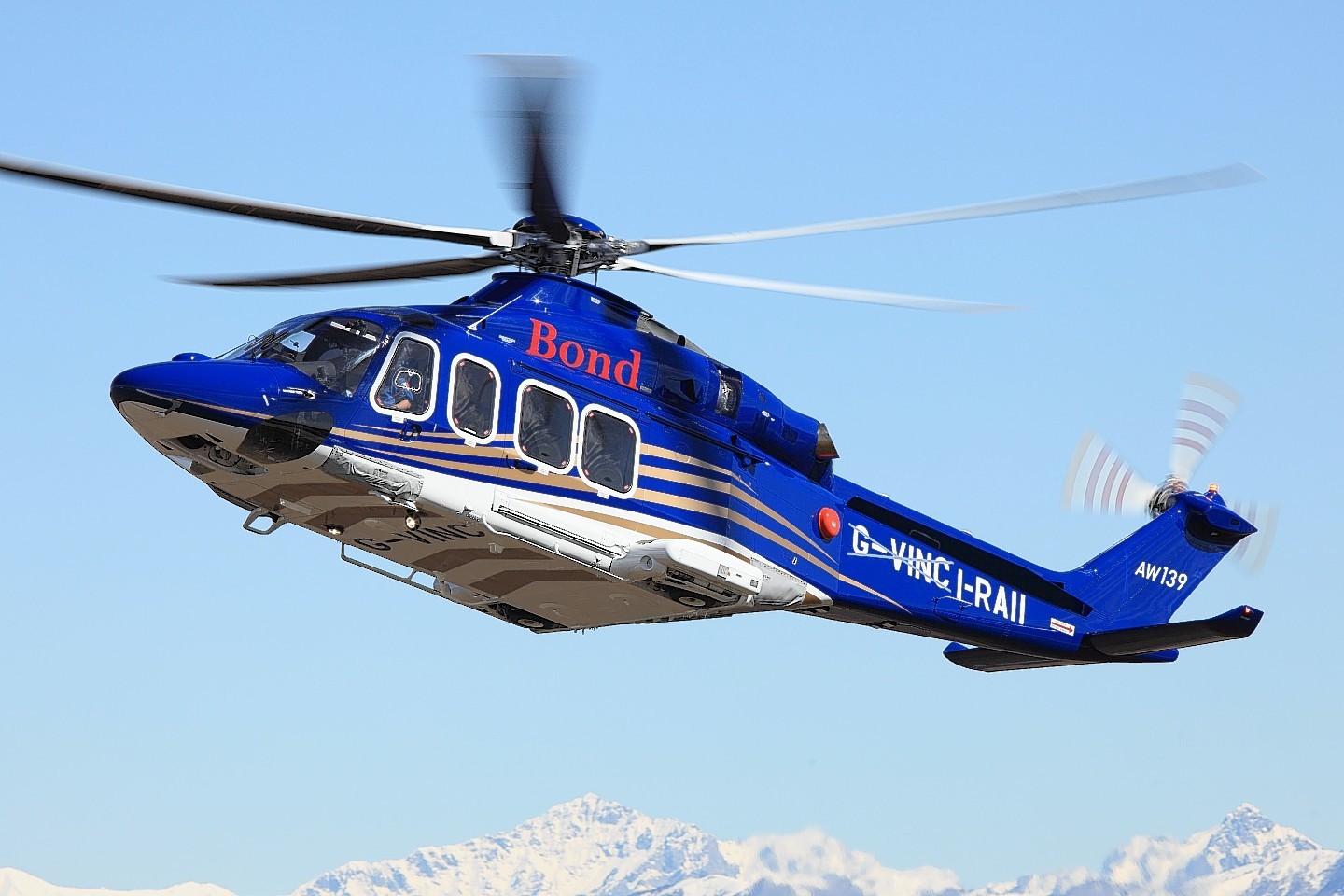Calum Ross
The UK Government has rejected calls from MPs for a public inquiry into helicopter safety in the North Sea oil and gas industry.
Ministers also denied claims that commercial pressures in the sector were putting lives at risk.
In July, the transport select committee at Westminster threw its weight behind demands for an independent probe into offshore helicopter safety.
The move followed a series of crashes in the North Sea, including a ditching off Shetland in August last year which killed four workers.
The MPs travelled to Aberdeen and heard evidence from survivors of recent incidents, as well as pilots, trade unions, oil and gas industry leaders, and helicopter firms.
The committee’s key recommendation was that a full inquiry should be held into the impact of “commercial pressures” on safety.
But the coalition government has today rejected the demands.
In a statement, it said: “With regards to commercial pressure, neither the Civil Aviation Authority (CAA), industry nor government has seen any evidence to suggest that safety is being compromised as a result of commercial pressure from the industry.
“It is true that competition for contracts, particularly where contracts are offered at short notice or awarded at a lower price may impact on the ability of the operator to recruit and train for a new commitment, but there is no evidence to suggest this is the case.
“The committee’s report state that helicopter operators do not support the accusation that commercial pressure from their customers affects the safety of their operations and hotly dispute the suggestion made by BALPA (the pilots union).
“It is important for the CAA and industry to be given time to implement the recommendations from the CAA’s Offshore Review.
“In the circumstances the government does not support the call for a public inquiry on this issue.”
Louise Ellman, chairwoman of the committee, said: “I am deeply disappointed that ministers have rejected our recommendation they should hold an independent inquiry to investigate offshore helicopter safety.
“This is a regrettable decision for the loved ones and relatives of people killed in offshore helicopter accidents.
“It sends the wrong signal to people who continue to work in the offshore industry.”
Frank Doran, Labour MP for Aberdeen North, led calls for a public inquiry.
He said: “I raised the issue of offshore helicopter transport safety with the House of Commons transport select committee following the 2013 crash which resulted in 4 deaths.
“I was pleased when they decided to launch an inquiry and was gratified when the committee recommended a full independent public inquiry after a very thorough investigation.
“I am deeply disappointed that the secretary of state has decided not to hold a public inquiry.
“I believe there are fundamental issues which have not been dealt with, not the least of which is the way the offshore helicopter transport industry has been regulated over the past 40 years
“I am writing today to the secretary of state for transport to request a meeting to discuss the issue further.
“I will be accompanied by family members of victims of the 2013 crash, survivors, trade unionists and legal advisors. I will announce the date once a suitable time has been negotiated with the secretary of state.”
Julia Allison, wife of George Allison who died in the August 2013 crash off Sumburgh, said: “I recognise that the industry has started to face up to some of its difficulties but I firmly believe that until there has been a full public examination of all aspects of the industry, from regulation to operation and industry culture, then the industry will struggle to win the confidence of the public and particularly the offshore workforce.
“I and members of my family have agreed to join with other families who have lost loved ones, and survivors, in an attempt to persuade the secretary of state to reconsider and order a full public inquiry into helicopter transport offshore.
“I think that if the lessons of successive tragic incidents in the offshore industry had been learned, my husband, George Allison and his colleagues would still be alive today.”
